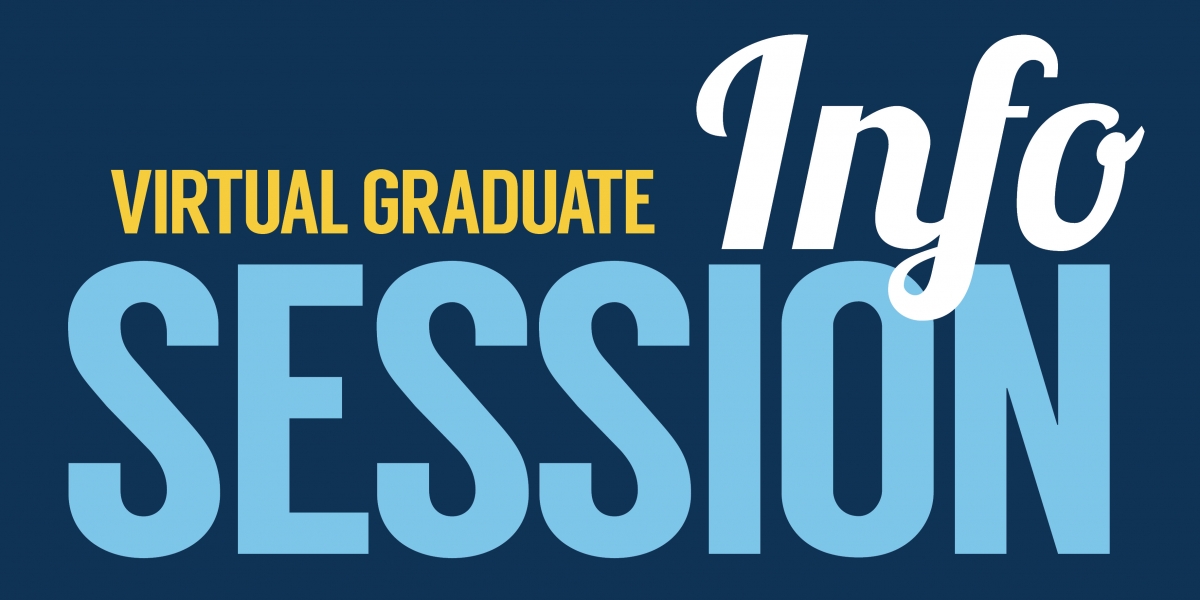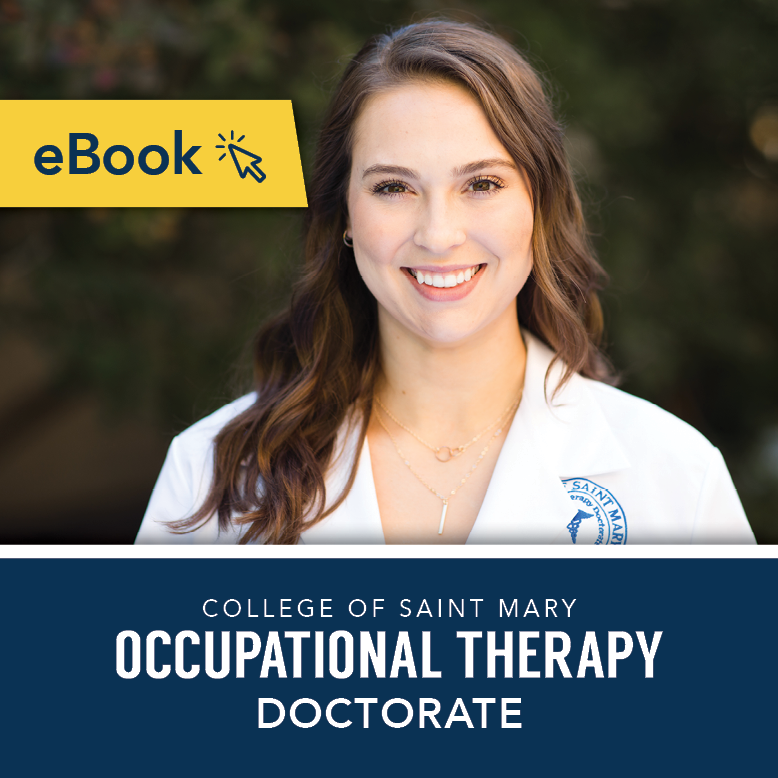Occupational Therapy Doctorate
Graduate Entry
Graduate with an Occupational Therapy Doctorate in just 3 years
- Receive your Occupational Therapy Doctorate in just three years.
- Learn from faculty with broad educational and clinical backgrounds.
- Multi-million dollar, state-of-the-art health profession labs.
- Learn to integrate a client-first philosophy while utilizing evidence-based practices.
- Apply knowledge learned in the classroom to fieldwork experiences at one of our 400 active partner sites in 45 states in schools, hospitals, nursing homes, community outreach centers, or mental health treatment centers throughout the nation.
College of Saint Mary is here to help you achieve your dream. The occupational therapy doctorate program at CSM prepares you to deliver services that help people improve their lives. As an occupational therapist, you will be able to help patients develop and maintain vital living and working skills. Your graduate degree from CSM will set you apart from the rest and increase your value as an employee.
To make your decision easier, we have reduced our tuition by 22%, effective August 2024. We aim to maintain competitive pricing across the region, ensuring financial constraints do not hinder your enrollment at CSM.
Small Campus and Class Sizes Appeal to OTD Students
See what it’s really like to be a student here, why they chose College of Saint Mary, the moments that made the biggest impact, and how their program is shaping their future.











